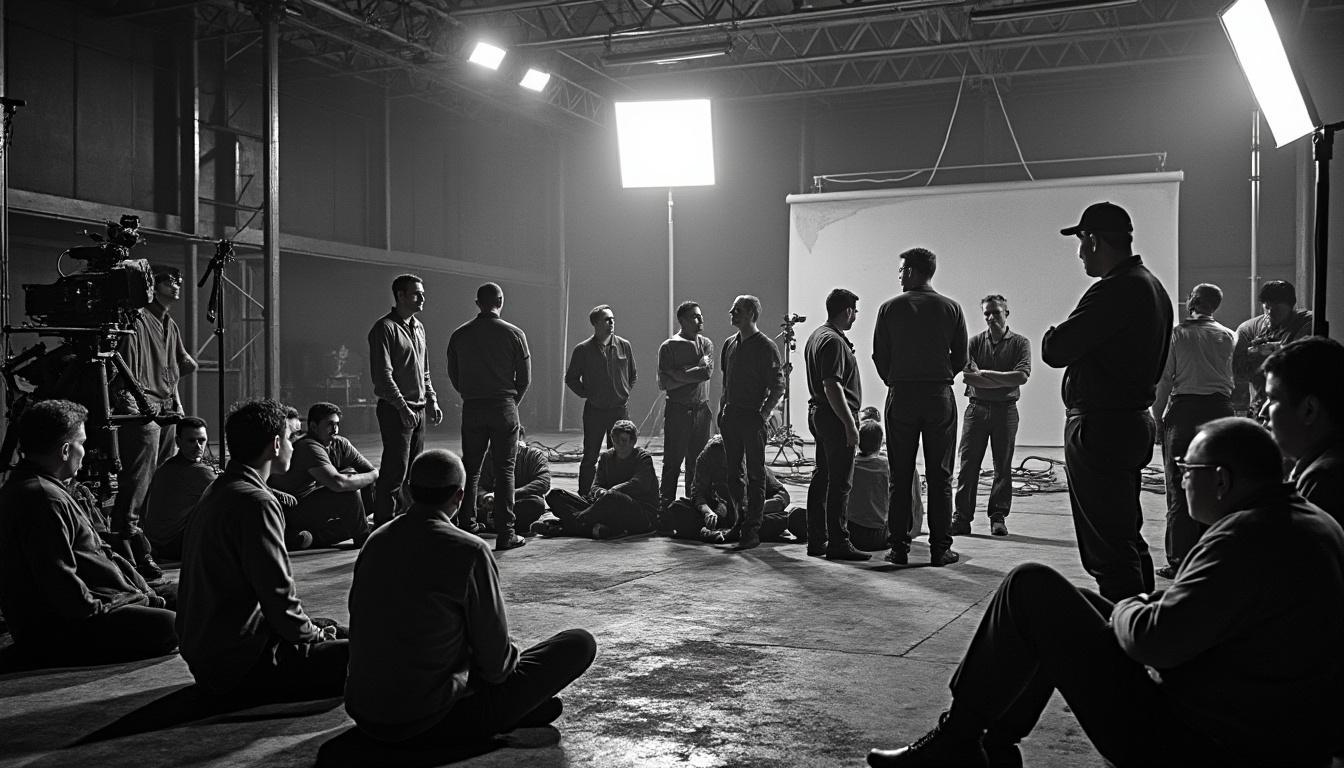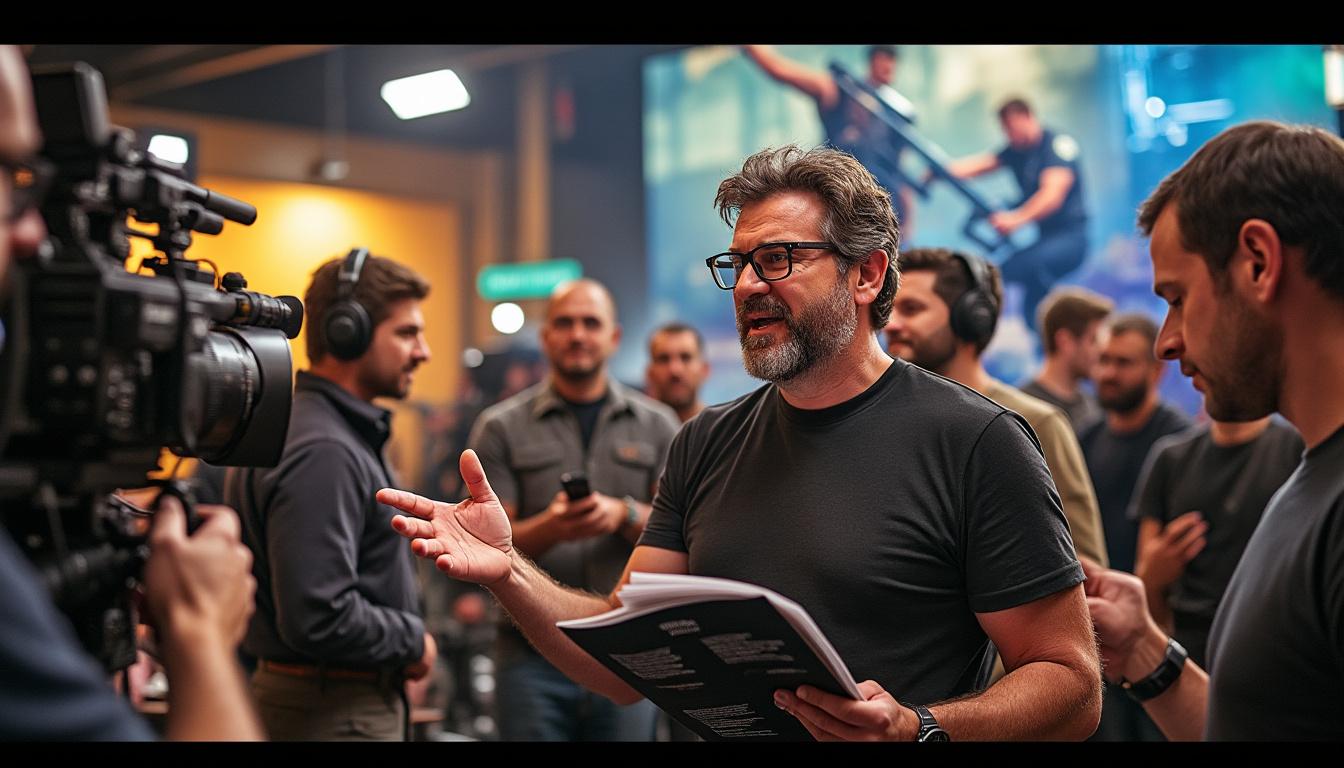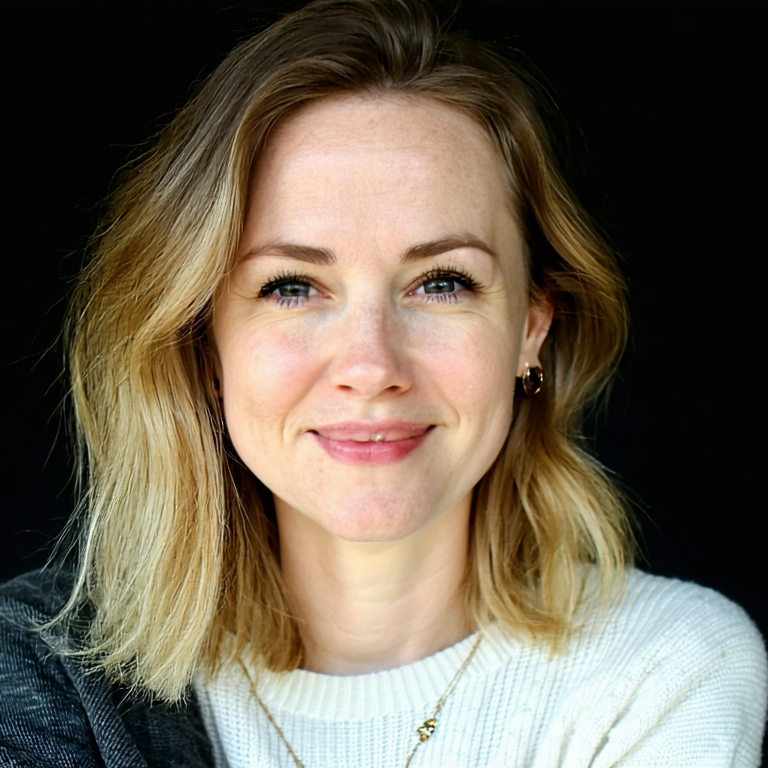The film industry is amidst constant evolution, often influenced by real-world events that shape not only the audience’s expectations but also the casting decisions that can significantly impact the trajectory of a film. The mystery horror film Weapons, directed by Zach Cregger, has recently made headlines for the unexpected recasting of its lead role, initially held by the beloved actor Pedro Pascal. This change has sparked discussions about the complex dynamics of casting and the myriad factors that can lead to such an outcome.
The Impact of Strikes on the Hollywood Casting Process
In an interview, Zach Cregger shed light on how the SAG-AFTRA and WGA strikes of 2023 were pivotal in reshaping the cast of Weapons. The protests, aimed at advocating for better working conditions and fairer wages, resulted in significant delays in numerous film projects, including this highly anticipated horror flick. Cregger explained that the strikes not only halted production but created a domino effect that altered the availability of key cast members.

Cregger reflected on the chaos that erupted from the scheduling conflicts that emerged as a direct consequence of these strikes. He noted, “I had a whole different cast for this movie. And then we had the strike, and then Pedro Pascal’s schedule threw us into turmoil.” This statement underscores how the interconnected nature of the film industry can lead to unforeseen complications, forcing directors to make tough decisions regarding their casting.
The Recasting Process for Weapons
Following the disruptions caused by the strikes, the entire cast was ultimately re-evaluated. Cregger explained that while the intention was to retain Pascal in the role of Archer Graff, the logistical challenges proved overwhelming. The director lamented that he “had to recast the entire movie,” indicating that more than just Pascal’s character was affected. Other notable actors, including Brian Tyree Henry and Renate Reinsve, were also released from their roles due to similar scheduling conflicts.
- Pedro Pascal – Initially cast as Archer Graff
- Josh Brolin – Replaced Pascal as the lead
- Brian Tyree Henry – Also affected by scheduling issues
- Renate Reinsve – Exited alongside Pascal and Henry
- Austin Abrams – Retained his role as Anthony
This comprehensive recasting illustrates the fragile nature of film production schedules and highlights the importance of flexibility within the creative process.
Pivotal Role of Scheduling Conflicts in Casting Decisions
The director’s acknowledgment of scheduling conflicts provides a window into the logistical hurdles faced within the industry. As Cregger articulated, delays often lead to a ripple effect where actors become unavailable, forcing directors to rethink their entire casting process. He remarked, “The strikes delayed us, and then when you delay, people’s schedules get conflicts, and then you’re back at square one.” This cycle of chaos is a common challenge in filmmaking, particularly for projects with tight timelines.

An interesting aspect of this situation is how common it has become for even high-profile movies to undergo significant recasting right before or during production. Factors contributing to these challenges often include:
- Unexpected delays in project development due to strikes or external events.
- Conflicting schedules with other major film or television projects.
- Changes in creative vision that prompt directors to seek different actors for pivotal roles.
- Financial considerations that may lead studios to reconsider their casting choices.
This confluence of factors emphasizes how casting decisions—even at the highest levels—can be more intricate than merely liking an actor for a role. The complications surrounding casting often dictate not just the actors chosen but also the fate of entire productions.
A Retrospective on Weapons and Its Development Journey
Zach Cregger’s journey with Weapons is emblematic of broader trends within the film industry. As Cregger navigated the landscape created by the strikes, he highlighted a core truth: disruptions can lead to unexpected decisions that, while challenging, ultimately allow for new creative opportunities. Retaining a singular cast member in Austin Abrams, who portrays a drug addict named Anthony, added a layer of continuity during tumultuous times. Cregger described him as integral to the project, stating, “He hung tough with me. That’s my dude right there.” This statement not only shows Cregger’s appreciation for Abrams but illustrates the personal relationships formed in the often tumultuous realm of film production.
The film, which is set to release on August 8, 2025, has generated considerable buzz, not only for its narrative foreshadowing a thrilling cinematic experience but also for its unique development history. The challenges faced during production can often lead to unexpectedly rich narratives, both on-screen and off. Key aspects of the film’s narrative include:
- A mysterious teacher whose class mysteriously vanishes.
- A father’s desperate search for answers, originally portrayed by Pascal.
- The themes of grief and unresolved tension as central motifs.
As audiences await the release of Weapons, the real story behind its production will remain just as captivating as the film itself.
Navigating the Future of Casting in the Film Industry
The recasting of Pedro Pascal in Weapons is a reminder of the unpredictable nature of filmmaking, particularly in a post-pandemic world where strikes and industry shifts have become more prevalent. As filmmakers and studios adapt to these challenges, the need for resilience becomes increasingly apparent. Cregger’s experience illustrates a larger trend within the industry—one that requires directors and producers to remain agile and innovative in response to changing circumstances.

While the prospect of unexpected recasting can be daunting, it also opens doors for emerging talent to step into prominent roles. In this case, Josh Brolin stepping into Pascal’s role not only assures continuity in the vision of Weapons but also brings a fresh dynamic to the character of Archer Graff.
The landscape of Hollywood casting is undoubtedly evolving, with respect to:
- Increased collaboration between studios to accommodate schedules.
- The use of digital technology for auditions and casting processes.
- A heightened focus on diverse and inclusive casting practices.
- Greater awareness of the impact of external factors, such as strikes.
This evolution will likely continue to shape the future of film production as industry professionals navigate the complexities of the Hollywood landscape. The successful management of these complexities often relies on understanding the fluid nature of talent availability while maintaining creative integrity throughout the production process.
The Cinematic Journey of Weapons
In the grand forecast for Weapons, audiences not only await a compelling story but also a reflection of the nuanced realities of the film industry today. As Zach Cregger continued to adapt to unforeseen changes, the project served as a testament to the resilience and creativity inherent in filmmaking.
With the film’s anticipated release, the story behind the recasting of Pedro Pascal will continue to resonate with fans of both the actor and Cregger. The intricate balance of navigating between cast changes, industry strikes, and the relentless pursuit of artistic expression encapsulates the very essence of modern cinema.


